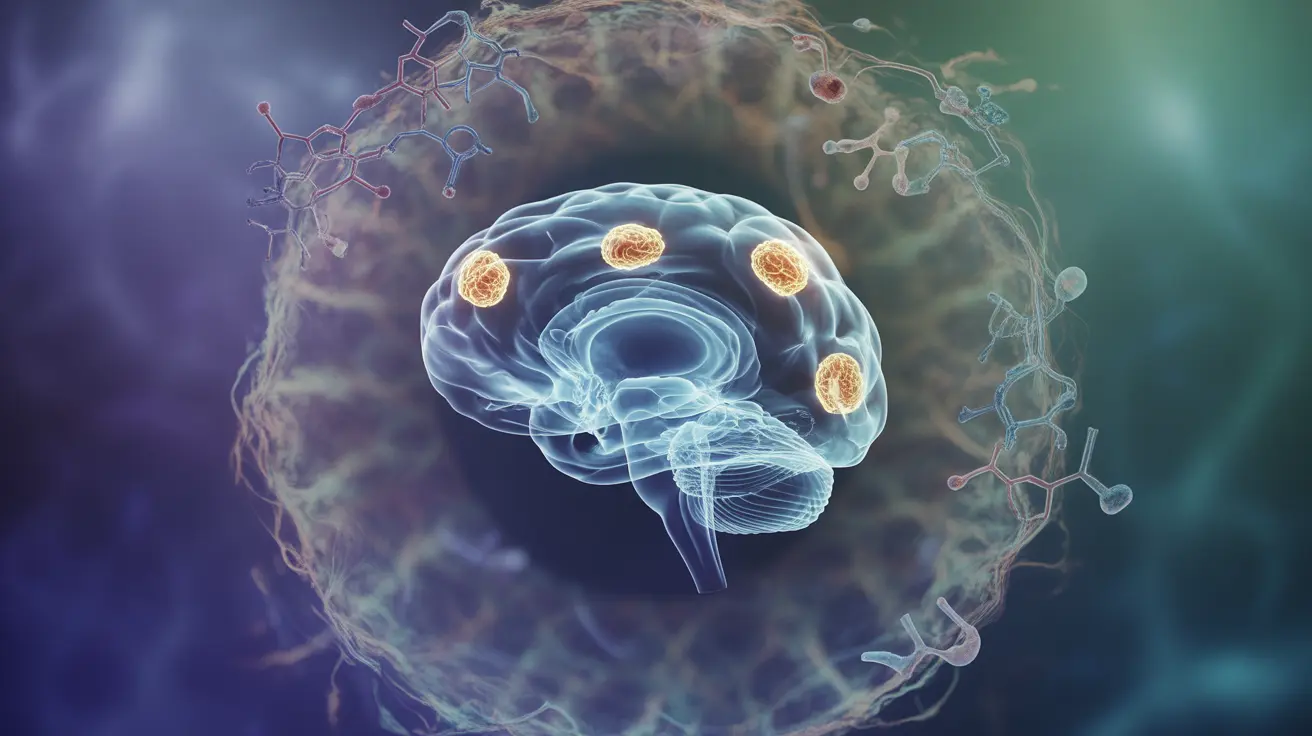Alcohol Use Disorder (AUD) is increasingly recognized by medical professionals as a complex mental health condition that affects millions of Americans. This classification helps reduce stigma and ensures proper treatment approaches for those struggling with alcohol dependency. Understanding the mental health aspects of alcoholism is crucial for both healthcare providers and individuals seeking help.
The recognition of AUD as a mental illness has transformed how we approach treatment and support for those affected. This comprehensive guide explores the relationship between alcoholism and mental health, examining diagnostic criteria, treatment options, and the intricate ways alcohol use interacts with other mental health conditions.
The Classification of Alcohol Use Disorder in Mental Health
The medical community officially recognizes Alcohol Use Disorder as a mental health condition. It is listed in the Diagnostic and Statistical Manual of Mental Disorders (DSM-5), the authoritative guide used by mental health professionals for diagnosis. This classification acknowledges that alcoholism involves significant changes in brain chemistry and function, affecting behavior, judgment, and emotional regulation.
Like other mental health conditions, AUD involves both psychological and physiological components, making it a complex disorder that requires comprehensive treatment approaches.
Diagnostic Criteria and Symptoms
Mental health professionals use specific criteria to diagnose Alcohol Use Disorder, including:
- Drinking more or longer than intended
- Unsuccessful attempts to cut down or stop drinking
- Spending significant time obtaining, using, or recovering from alcohol
- Experiencing strong urges or cravings to drink
- Failing to fulfill major obligations due to drinking
- Continuing to drink despite relationship problems
- Giving up important activities because of alcohol use
The severity of AUD is determined by the number of criteria met, ranging from mild to severe, allowing healthcare providers to develop appropriate treatment plans.
The Intersection of Mental Health and Alcohol Use
The relationship between mental health and alcohol use is bidirectional, creating a complex cycle that can be challenging to break. Alcohol can temporarily mask symptoms of mental health conditions like anxiety or depression, leading to self-medication. However, this often worsens underlying mental health issues over time.
Impact on Brain Chemistry
Alcohol significantly affects brain chemistry by disrupting the balance of neurotransmitters. This disruption can lead to:
- Changes in mood regulation
- Increased anxiety and depression
- Impaired cognitive function
- Altered decision-making abilities
- Memory problems
Treatment Approaches for Alcohol Use Disorder
Effective treatment for AUD typically involves a combination of approaches, recognizing its status as a mental health condition. Common treatment methods include:
- Cognitive Behavioral Therapy (CBT)
- Medication-assisted treatment
- Group therapy and support groups
- Individual counseling
- Dual diagnosis treatment for co-occurring conditions
The most successful treatment plans are typically individualized, taking into account the person's specific circumstances, severity of AUD, and any co-occurring mental health conditions.
Co-occurring Mental Health Conditions
Many individuals with AUD also experience other mental health conditions, known as co-occurring disorders or dual diagnosis. Common co-occurring conditions include depression, anxiety disorders, post-traumatic stress disorder (PTSD), and bipolar disorder. This complexity requires integrated treatment approaches that address both conditions simultaneously.
Frequently Asked Questions
Is alcoholism considered a mental illness according to medical experts and diagnostic manuals?
Yes, alcoholism (Alcohol Use Disorder) is officially classified as a mental illness in the DSM-5, the standard diagnostic manual used by mental health professionals. This classification recognizes the condition's impact on brain function, behavior, and emotional regulation.
What are the main symptoms used to diagnose alcohol use disorder as a mental health condition?
Key diagnostic symptoms include inability to control alcohol consumption, continued use despite negative consequences, development of tolerance, experiencing withdrawal symptoms, and impact on daily responsibilities and relationships. Healthcare providers use these criteria to assess the presence and severity of AUD.
How do mental health and alcohol use disorder overlap and affect each other?
Mental health and alcohol use disorder often create a cyclical relationship where each condition can worsen the other. Alcohol may temporarily relieve mental health symptoms but ultimately exacerbates them, while mental health challenges can trigger increased alcohol use as a coping mechanism.
What treatment options are available for alcohol use disorder as a mental illness?
Treatment options include therapy (individual and group), medication-assisted treatment, support groups, behavioral interventions, and comprehensive rehabilitation programs. The most effective treatment plans are typically individualized and may combine multiple approaches.
Can alcohol use disorder occur alongside other mental health disorders, and how does this affect treatment?
Yes, AUD frequently co-occurs with other mental health disorders. This requires integrated treatment approaches that address both conditions simultaneously, often involving a team of healthcare providers and a more complex treatment plan to ensure comprehensive care.




